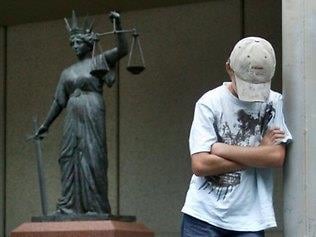Overview of Youth Criminal Justice

When young people become entangled in the criminal justice system, they are treated separately from adults. For over a century, beginning in 1908 with the Juvenile Delinquents Act, evolving to the Young Offenders Act in 1984, and finally to the Youth Criminal Justice Act (YCJA) in 2003, Parliament has deemed that the adult court system is largely not appropriate for youth accused of crimes. The YCJA administers the criminal justice system for individuals between the ages of 12 and 17. Individuals under the age of 12 cannot be convicted of a criminal offence in Canada.
The Youth Criminal Justice Act
The YCJA is not simply focused on accountability. It also emphasizes rehabilitation and reintegration; the YCJA seeks to address the underlying behavior, pre-existing conditions or circumstances that led to the offending behavior in the first place.
Often, a young person is required to admit their guilt of an offence to participate in extrajudicial sanctions. Parents, guardians and youth must exercise extra caution in the admission of guilt simply to benefit from sanctions. The prospect of extrajudicial sanctions and lower sentencing outcomes should not be leveraged to pressure a young person into pleading guilty to an offence that he did not commit.
Young offenders, like individuals in the adult court system, have a legal right to a trial. In certain cases, the Crown may apply to have a young person tried before the court as an adult. If the case is made for a young offender to appear before an adult court, an adult sentence can be imposed in some cases.
Given that youth have their whole lives in front of them, it is sensible to hire a lawyer who is experienced in dealing with YCJA matters to ensure better outcomes for youth who run into problems with the law.
Under the YCJA, young people are entitled to special provisions for retaining legal counsel. When a young person is denied Legal Aid, he may nevertheless be eligible to obtain a court order for a Legal Aid certificate to hire a lawyer.
Please call Caramanna, Friedberg LLP at (416) 924-5969 for further information about how we can help you or a young person you care about.